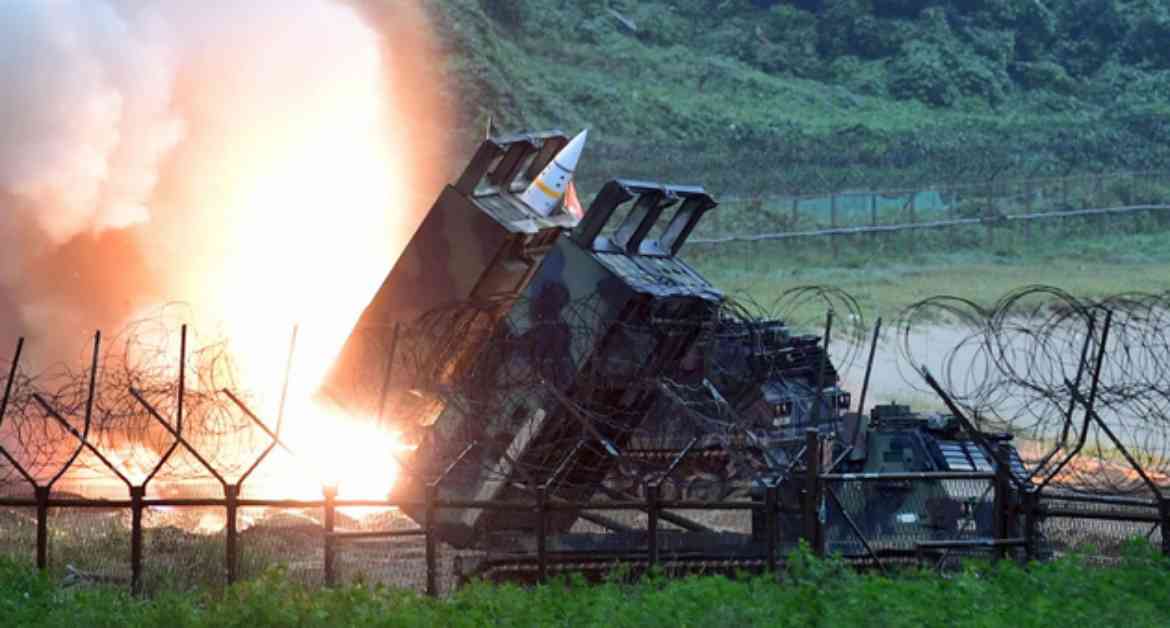President Donald Trump took a bold move on Monday, suspending military aid to Ukraine amid escalating tensions and pressure on Kyiv to engage in peace negotiations with Russia. This decision follows a recent public clash between Trump and Ukrainian President Volodymyr Zelensky, adding a new layer of complexity to the ongoing conflict.
The White House official confirmed the suspension of military aid, emphasizing the need for all parties involved to prioritize peace. The halt in aid aims to reassess its effectiveness in contributing to resolving the conflict, highlighting Trump’s focus on achieving a peaceful resolution to the war.
Earlier on Monday, Trump hinted at the possibility of pausing military assistance during a press briefing. However, any interruption in the flow of arms to Ukraine could significantly weaken the country’s ability to defend itself against the Russian invasion. The decision to halt aid immediately impacts the delivery of hundreds of millions of dollars worth of weaponry to Ukraine, as reported by the New York Times.
In response to Trump’s actions, Zelensky expressed his desire for the war to end swiftly, emphasizing the urgent need for a ceasefire and security guarantees to ensure lasting peace. The Ukrainian president’s plea for tough security measures as a prerequisite for conflict resolution highlights the gravity of the situation and the critical need for international support.
International Concerns and Diplomatic Efforts
Following the suspension of aid, concerns have been raised about the broader implications of the US stance on Ukraine and its relationships with key allies. The move has sparked apprehension among European nations, particularly after crisis talks in London involving Britain and France.
Efforts are underway to propose a one-month truce that encompasses various domains, including air, sea, and energy infrastructure, with the potential deployment of troops on the ground. This diplomatic initiative aims to de-escalate tensions and pave the way for meaningful negotiations between conflicting parties.
Zelensky’s recent statements underscore the challenging road to peace, emphasizing the need for concrete security guarantees to prevent further escalation of the conflict. His call for genuine, sustainable peace resonates with the shared goal of ensuring stability and security in the region.
The Impact of US Policy Shift on Global Dynamics
Trump’s decision to suspend military aid to Ukraine has raised questions about the United States’ strategic priorities and its stance on international conflicts. The shift in US policy towards Ukraine has not only strained relations with Kyiv but has also fueled speculation about a potential shift towards closer ties with Russia.
The similarities in messaging between the White House and the Kremlin have drawn attention to the nuanced dynamics of global politics and the implications of geopolitical alliances. As Washington’s support for Ukraine wavers, the geopolitical landscape in Eastern Europe undergoes significant shifts, prompting a reassessment of diplomatic strategies and alliances.
In conclusion, the suspension of military aid to Ukraine represents a pivotal moment in the ongoing conflict, underscoring the complex interplay of political, diplomatic, and security considerations. The need for a comprehensive approach to peace negotiations and security guarantees remains paramount in addressing the root causes of the conflict and fostering lasting stability in the region.

















